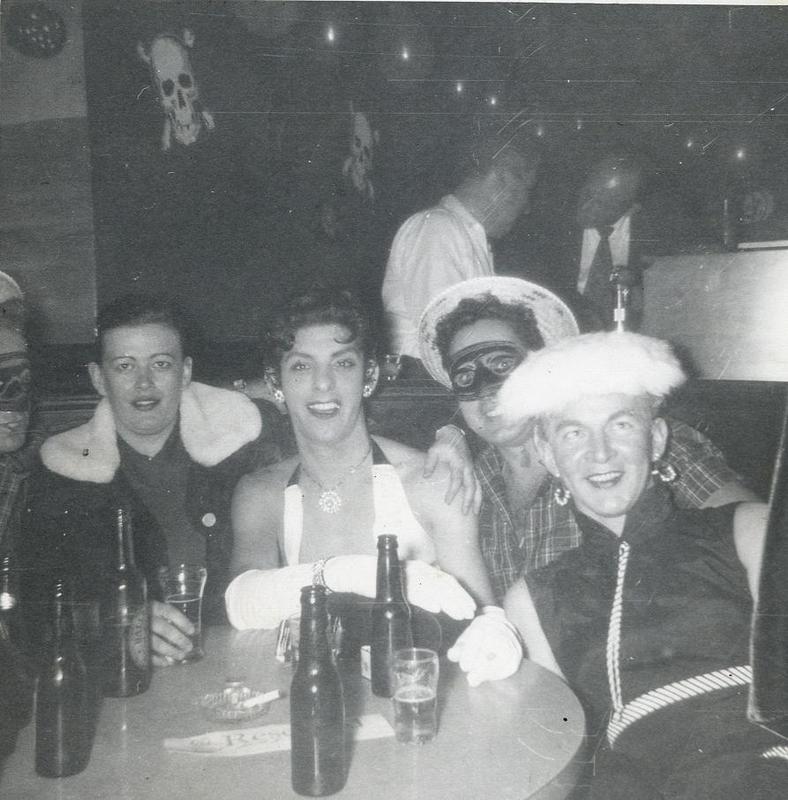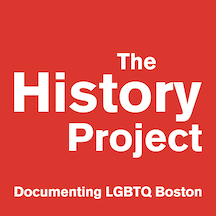Hidden in Plain Sight: Remembering Queer Nightlife

MHS Event
Danny Harris, Elite's Gay Club; Jackson Davidow, Tufts University; Georden West, Emerson Collge; and Indee Mitchell and Nathalie Nia Faulk, co-directors, Last Call
This program is co-sponsored by The History Project
Due to rising Covid cases, this program will now be held online from 6:00-7:00.
Throughout history rarely have LGBTQ+ clubs, meeting places, and social areas been landmarked or turned into a museum. House museums that were once homes to Queer residents can pose difficult questions about the interpretation if the former residents were not public about their identity in their lifetime. Many important sites in Queer history simply don’t exist anymore.; clubs have closed, publications have shut down, buildings have been razed or radically altered, but these are still spaces that exist in the history and memory of the Queer community. Panelists will discuss their memories of Queer nightlife in Boston, as well as the ways they have used artistic mediums to bring these spaces back to life.

Online Event
The virtual program begins at 6:00 PM and will be hosted on the video conference platform, Zoom. Registrants will receive a confirmation message with attendance information.
